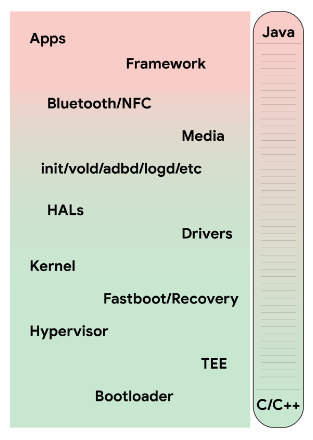Originally posted by User29
View Post
Then there was PC-BSD which while it lasted was quite nice. I used it in the late middle 2000s. But even then it just couldn’t compete with the ease of setup, usage and lack of papercuts that Ubuntu had even back in the day. Now even the founder of PC-BSD and TruNAS threw in the towel and based TruNAS on Debian. This is a true BSD pioneer and evangelist but for his business he left BSD behind for TrueNAS and couldn’t justify the time and resources to continue with PC-BSD, because in the end BSD is never going to be Linux or MacOS or Windows and can never be because that’s the way the BSD engineers want it.






Comment